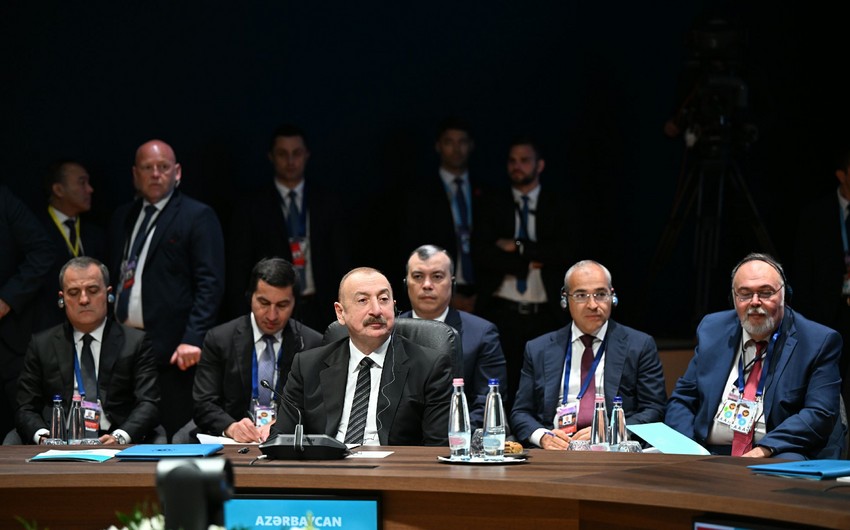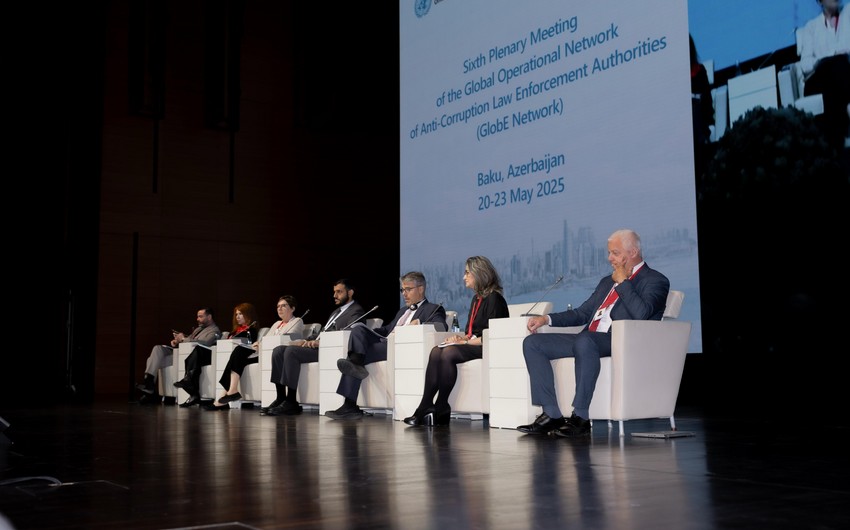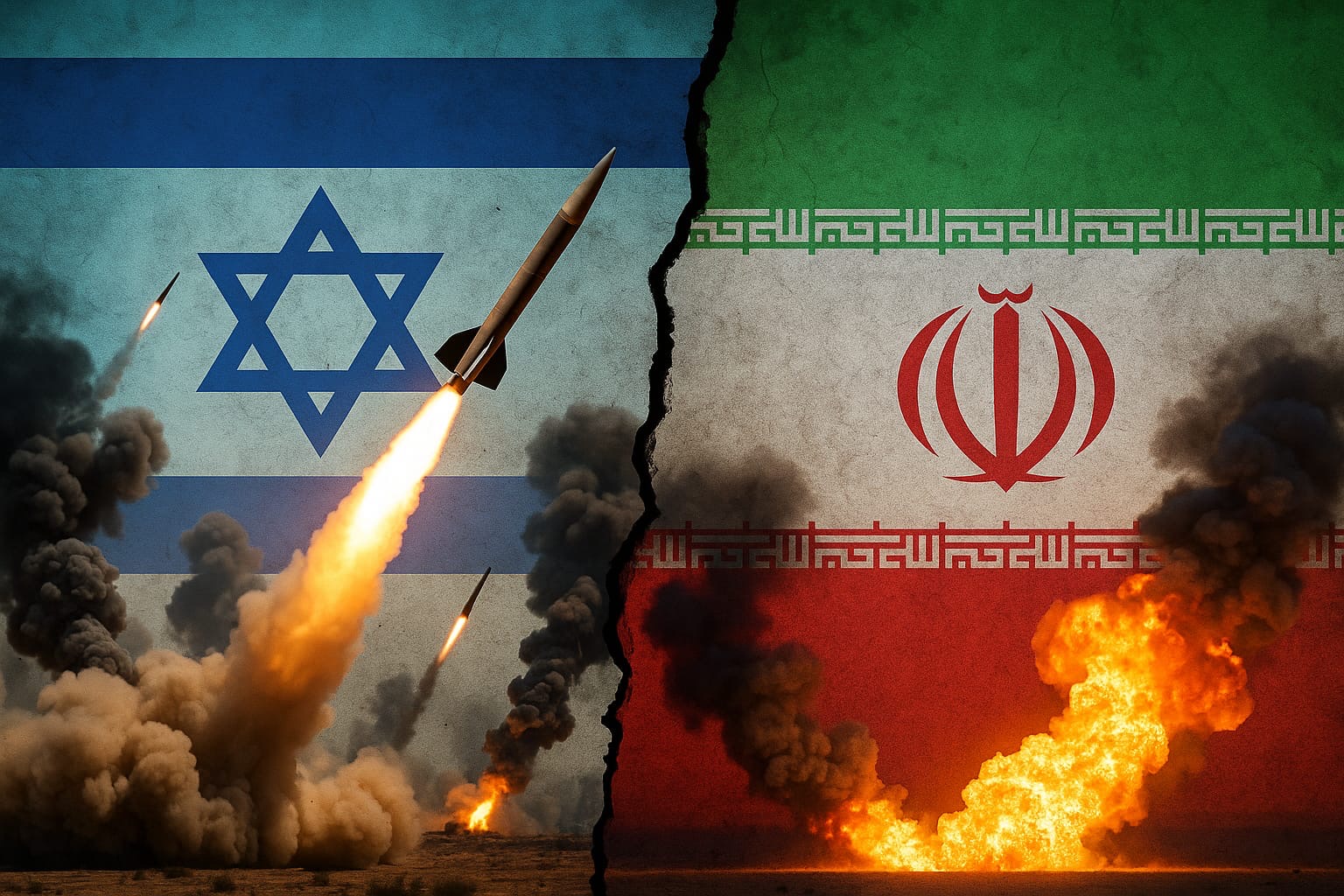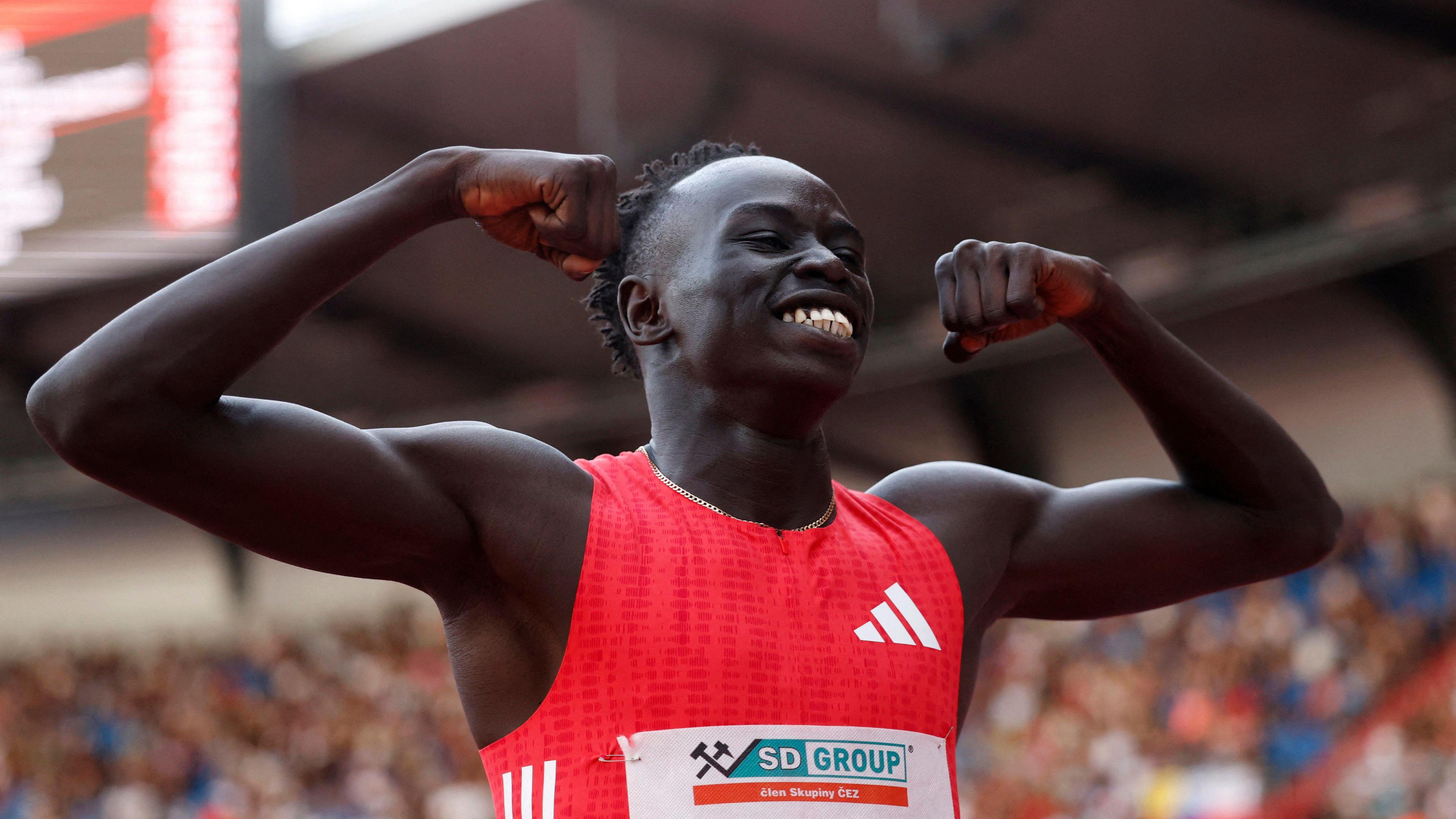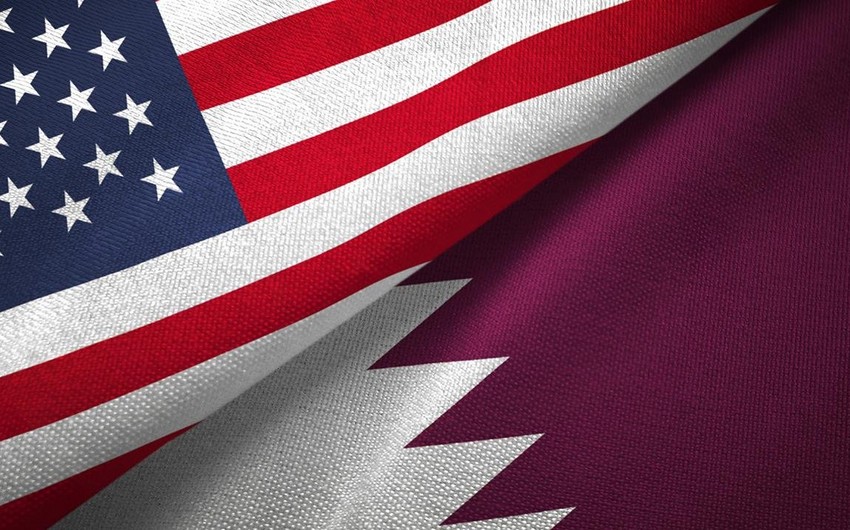France has recently increased its activities in the South Caucasus, aiming to counter the North-South corridor, a project beneficial to Russia, and to exclude Armenia from participating. This development comes alongside a new agreement on military-technical cooperation between Armenia and France. What geopolitical interests does France have in the South Caucasus, particularly by arming Armenia?
Maxime Gauin, a French political scientist and researcher at the Institute of Development and Diplomacy (ADA University), provided insights to Ednews on the matter.

"It has not escaped your attention that international sanctions are being put in place since 2014, and much more since 2022, as a result of the Russian invasion of Ukraine and of the open threats to attack the Baltic states in case of a victory in Ukraine. All the Western powers are trying to prevent Russia from keeping the economic capacity to pursue the invasion indefinitely. China started implementing the bank sanctions because the choice is quickly made between the American and EU markets on one side, the Russian market on the other side. In the case of the North/South corridor, there is another sanctioned country which is involved: Iran. Iran attacked Israel directly, as you know, after having funded (together with Russia) the bloody attacks against Israel on 7 October 2023 (1,200 killed)."
M. Gauin further elaborated on the geopolitical dynamics involving Armenia and Azerbaijan:
"The expulsion of Russia from the South Caucasus. Nikol Pashinyan announced the pure and simple departure of Armenia from the CSTO. But these interests join yours. There were the same concerns last year in Azerbaijan. What actually happened? Armenia did not fire a single gunshot to defend the separatist entity during the liberation of Khankendi. Nikol Pashinyan signed the Grenada declaration which recognizes the territorial integrity of Azerbaijan on written form and with the number of square kilometers. Armenia and Azerbaijan supported each other on the diplomatic field for the very first time in history. Armenia gave back four occupied villages by a common agreement and the delineation of the boundary made unprecedented progress in a few months."
Regarding France's military support to Armenia, Gauin observed:
"It is true that, in 2023, and in the first half of this year, France sold to Armenia equipment calibrated for being useless on the battlefield: For example, the three radars have been sold without missiles, yet they are incompatible with the Russian/Soviet missiles. This time, this is really serious: CAESAR howitzers, the best of the world, the most feared by the Russian artillery. But there is a huge but: 8 CAESARs leave the French factories every month, and soon it will be 12; yet 607 have been ordered by the French, Ukrainian and other armies before the Armenian contract. It means that none of these howitzers will arrive before the peace treaty."
He also pointed out the strategic use of arms deals:
"Armenia has begged Paris for short-range surface-to-air missiles (Mistral), but no contract has been signed, yet the Mistrals could arrive much faster than the CAESARs, and superiority in artillery hardly means anything in case of a complete air inferiority. The issue of the Mistrals is kept by Paris as a pressure way to convince Armenia to sign peace with Azerbaijan."
Gauin highlighted the broader geopolitical implications:
"Suppose Azerbaijan has been able to liberate the remnant of occupied Karabakh last year and to obtain the departure of the Russian soldiers this year. In that case, this is of course due to the reinforcement of your country, but also to the weakening of Russia, as a result of the war in Ukraine and of the international sanctions."
France's strategic actions in the South Caucasus reflect a broader effort to reshape the region's geopolitical landscape.



